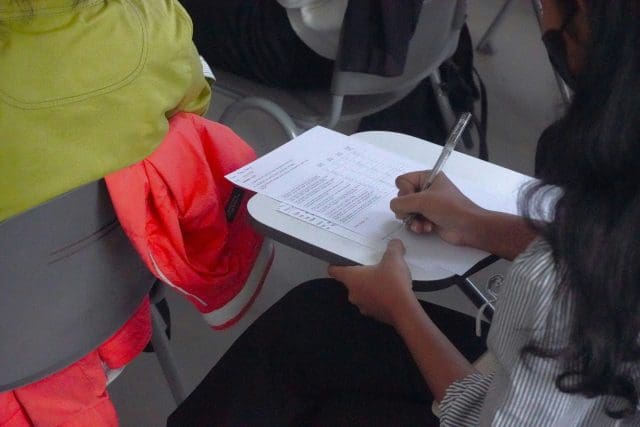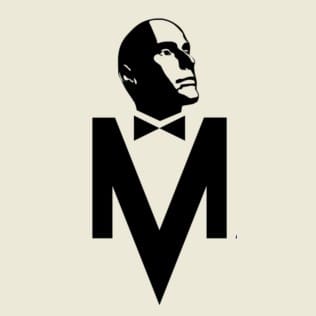
Passing Challenging Professional Exams requires discipline and creative strategy, blending traditional approaches with modern techniques. Specialized resources like actuary exam prep courses offer tailored practice, focusing on key competencies and exam formats, providing a strategic approach to mastering exam standards.
Active Learning Techniques
Engaging with content actively helps move beyond rote memorization to genuine understanding. Transform passive reading into interactive learning by summarizing key sections, explaining the material, recalling formulas or concepts, creating real-world examples, and using the Feynman technique. This exposes weaknesses early and solidifies lasting comprehension. Alternating between different problems and practicing random retrieval ensures knowledge is integrated. Resources like actuary exam prep courses can further support this process by offering structured practice, expert guidance, and opportunities for feedback. Joining discussion groups, participating in online forums, or scheduling regular peer-teaching sessions can reinforce learning and expose students to diverse problem-solving methods.
Visual Learning Aids
Visual learners can effectively organize information using charts, mind maps, flow diagrams, and tables. Concept maps and timeline charts help visualize ideas and relationships, while digital tools like Lucidchart and Canva offer templates for creating customized diagrams. Analog resources like index cards and whiteboards can also be helpful for quick sketching and reorganization.
Group Study Sessions
Structured group study sessions promote accountability and collaborative learning by assigning specific topics to each member. These discussions reveal alternative interpretations of material, sharpen critical thinking, and build a sense of community. They also motivate consistent progress and engagement, especially in case-based or scenario-driven exams.
Mindfulness and Stress Management
Passing Challenging Professional Exams can cause anxiety and strain. To manage stress, create a relaxation toolkit, including mindfulness meditation, deep breathing, and movement breaks. Regular yoga and wind-down rituals can help maintain focus and reduce stress hormones. The Mayo Clinic emphasizes the cognitive benefits of stress reduction techniques.
Practice with Mock Exams
Simulated exams provide a realistic practice for real-life tests, allowing for improvement. Set aside time each week for mock exams, time yourself carefully, and identify weak spots for targeted review. Analyze mistakes for gaps in knowledge, misinterpretation, or time-management issues. Repeated review of incorrect questions can help avoid mistakes on the real exam and build resilience.
Maintaining Physical Health
Maintaining a balanced diet, hydration, regular aerobic activity, and consistent sleep are crucial for optimal physical and mental performance during intense study periods. Whole grains, lean proteins, fruits, and vegetables support sustained concentration and energy levels. Regular exercise and sleep also enhance memory development and resilience under stress.
Seeking Mentorship
Mentors can help streamline exam preparation and offer shortcuts to success. They can help identify essential materials, share scheduling tips, and provide encouragement. Mentor-matching programs and alumni networks can connect candidates with experienced professionals. A holistic approach that combines active study, self-care, collaborative support, and targeted exam preparation can transform difficult exams into manageable experiences. Developing a flexible routine for individual needs is key to long-term success in exams and professional growth.



